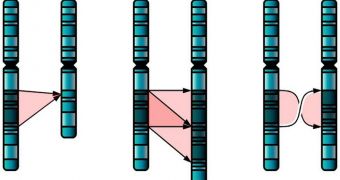University of Pennsylvania School of Nursing scientists have determined that children with low weight at birth tend to be 500 percent more likely to develop autism than peers who are of normal weight.
Investigators carried out the new study because they wanted to know whether natal prematurity was indeed linked to a higher chance of developing autism, as some had suggested. Details of their research appear in the latest issue of the prestigious journal Pediatrics.
“As survival of the smallest and most immature babies improves, impaired survivors represent an increasing public health challenge,” Penn Nursing Center for Autism and Developmental Disabilities Research and Epidemiology (CADDRE) director Jennifer Pinto-Martin, MPH, PhD, says.
“Emerging studies suggest that low birthweight may be a risk factor for autism spectrum disorders,” adds the expert, who is also the lead author of the Pediatrics paper. The study was awarded a $3 million research grant from the National Institutes of Mental Health (NIMH).

 14 DAY TRIAL //
14 DAY TRIAL //